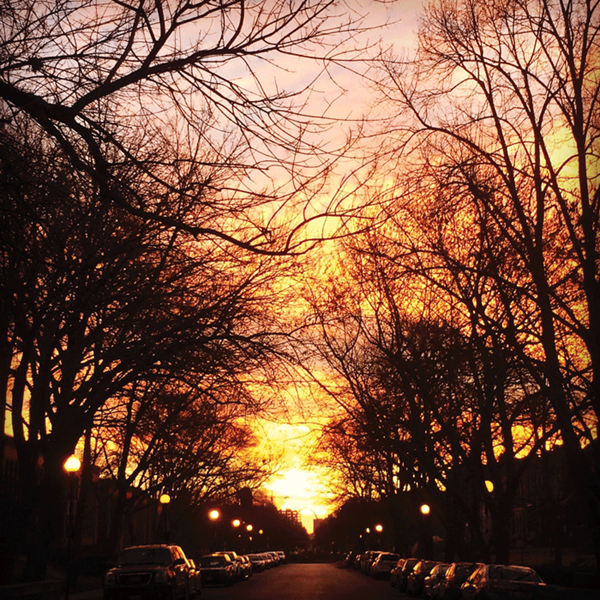If you had asked my elementary school self what I wanted to be when I grew up, I would have said an astronaut. I wore space suits made of painter’s coveralls, built a paper-mâché-and-Legos space station, read every book on Mars I could find, and begged my mom to pack freeze-dried ice cream in my lunch. I watched Apollo 13 repeatedly, and it was never any less stressful to hear Tom Hanks tell Houston he was having a problem. But fast-forward 15 years and you’d find a pre-med music major track athlete confused about her future.
The problem wasn’t too few interests, but too many. The idea that I had to choose one great thing to be good at in life was overwhelming. But medical school sets us on a tightly focused path, forcing us to deprioritize things we once enjoyed for the sake of pursuing a dream. Before we know it, our identity seems more defined by our career than by anything else in our lives.
EM residents work long shifts during unfavorable hours; we pore over literature, toil on research projects, and likely spend more time with each other than with our families. In the drive to become “what” we want to be, we disconnect from “who” and “how” we want to be.
Medicine is a noble pursuit, but if we are not physically well, if we do not spend time with family and friends, if we do not allow ourselves to be inspired by art, music, nature, and love, then our careers will ultimately suffer. Our lives inside and outside the hospital walls are inseparable; one cannot thrive if the other is in poor health.
While my interest in aerospace may have faded over time, the creativity it cultivated, the excitement it stirred, and the quality time it fostered (science museum trips with my mother, bottle rocket catastrophes with my brother) were invaluable to my development. Likewise, the daily experiences we share and the people with whom we surround ourselves will enhance our residency experience. Does being a parent make you more tolerant when dealing with difficult patients, more forgiving of yourself when a patient’s course does not go as expected? Does the physical strength you gain from exercise make you more confident when caring for a critically ill patient? As we go through this training experience, we must be mindful that our identity, while heavily influenced by emergency medicine, need not be exclusively defined by it. Consciously refocusing our efforts on becoming “who” we want to be will have a larger and more lasting impact than concentrating solely on “what” we want to be.
Our cover story was written by a former space shuttle engineer, now EM resident. Dr. Pedersen chronicles the fascinating history of space medicine and proposes a future niche for emergency physicians interested in space travel. The story’s quote from John F. Kennedy struck a particular chord with me: “We choose to go to the moon, not because it is easy, but because it is hard.” Much like residency.
Recently, I left the hospital after a particularly emotionally taxing overnight shift. It was a quiet, unusually balmy winter morning, and the sunrise stopped me in my tracks. Though exhausted, I felt inspired by the dynamic masterpiece unfolding around me – much the same way I used to look at the stars and dream of flying through the solar system. “Thinking of you on this beautiful winter morning,” I texted my family as I stared in awe. In that moment, it was clear who I wanted to be: someone who never forgets the simple pleasures that make life meaningful, who will stop — even for moment — to enjoy a beautiful sunrise.



